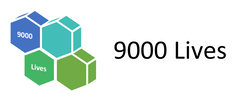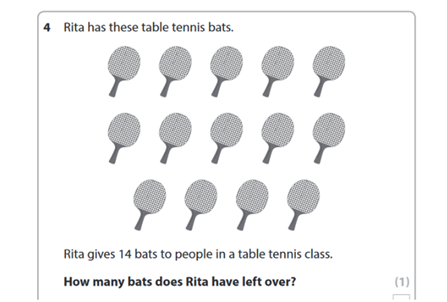Entry Levels Explained: What you need to know
Has your child just started secondary special school? Or, are you teaching in secondary special school for the first time? If you’ve heard about Entry Levels and aren’t sure what they are, this article covers:
- How do Entry Levels (sometimes also called EL or Entry) fit in with GCSEs?
- What subjects can you do?
- How hard are they?
- Who takes these qualifications and when?
- Examples of test questions
How do Entry Levels fit in with GCSEs?
Entry levels recognise achievement at a lower level than GCSEs. Think of them as being two steps before GCSEs on the exam ladder. They are ideal for students who have SEND as they recognise their massive achievements – even if the qualifications are not as high as GCSEs.
The first Entry Level is Entry Level 1, and students can work up to Entry Level 2 or even 3. Some students do. Some students will never get that far. It mainly depends on the severity of their SEND, but can also depend on how long they have left in education. This ladder shows how qualifications progress all the way up to GCSE.
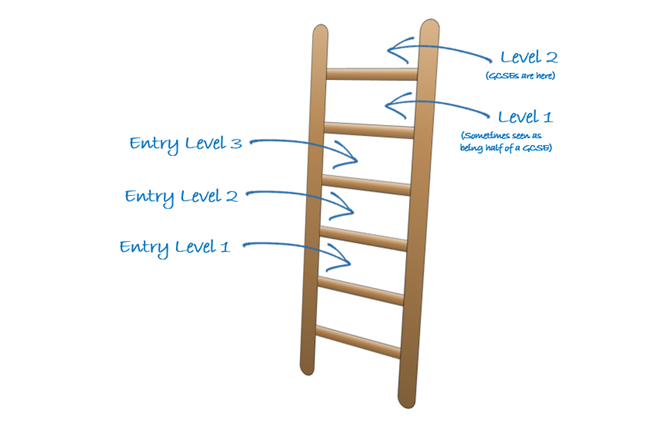
What Entry Level subjects can you do?

Maths and English are most common, but we have also entry levels in arts, e-safety, construction and many more.
The work related Entry Levels (such as construction and e-safety) tend to be more at Entry Level 3.
A government review in 2022 wanted to slim down the number of all the qualifications that sit below GCSE. However, it confirmed that Entry Levels will be kept (even if they don’t cover quite as many work-related subjects). It did recognise that, for some students with severe SEND, Entry Levels in social and personal skills are still important to have.
How hard are they?
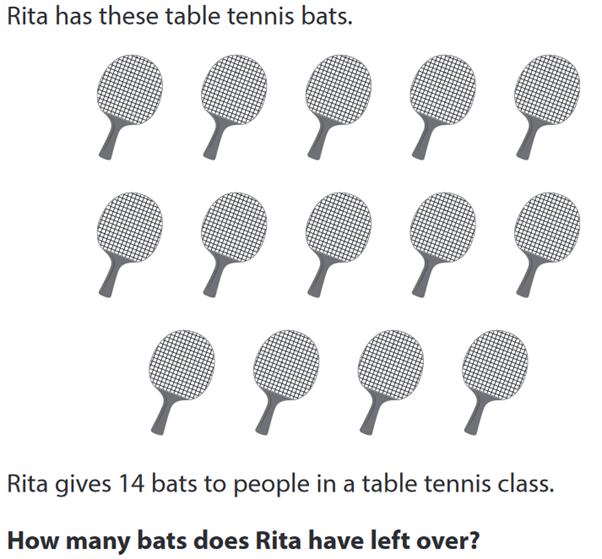
If you have severe SEND, then they are very hard. If you have no SEND, then you might think they are easy.
Entry Level 1 is for students who have severe learning difficulties. After all, why shouldn’t they be able to pass exams too? For maths, they will need to do things like:
- Add and subtract numbers up to 20.
- Recognise shapes like triangles and rectangles.
- Use terms like above, below, left and right.
For maths, there’s a calculator paper and a shorter paper where no calculators are allowed.
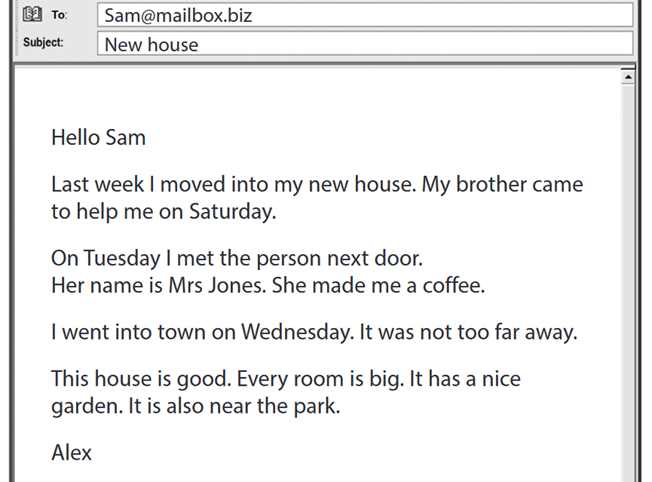
For Entry Level 1 English, they will need to do things like:
- Read an advert or an email that has about 60 words and then answer questions.
- Order letters of the alphabet
- Write a short note to a friend
- Choose the right spelling from a list (e.g. stope, stop or stopp)
- Use capital letters for names and to start sentences.
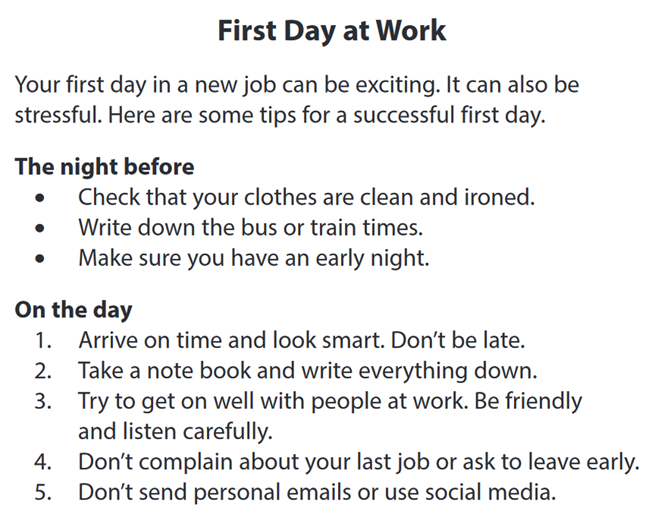
Sometimes people want some kind of comparisons so that they better understand what level of challenge the tests have. This list provides a rough guide for that:
- Year 1 is roughly equal to Entry Level 1
- Y2 & Y3 is roughly equal to Entry Level 2
- Y4 & Y5 is roughly equal to Entry Level 3
However, each qualification can be a massive achievement for the student. They can feel very proud of all their hard work.
Who takes these qualifications and when?
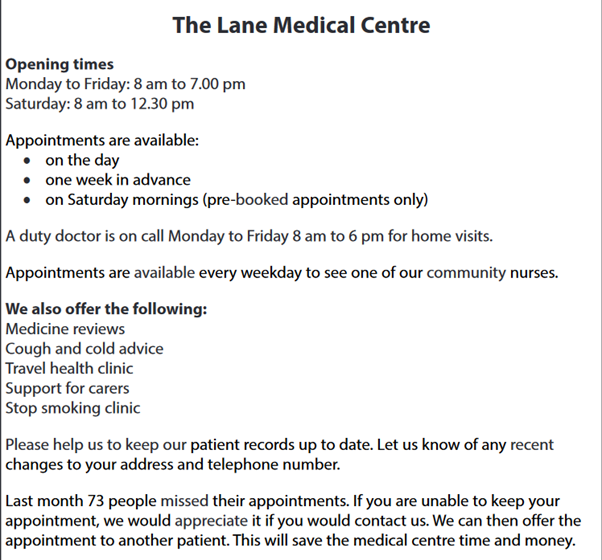
It is probably already obvious that these qualifications are accessed by our young people who have severe SEND.
These students tend to take the tests in Year 10 and Year 11 of school. However, some students also keep climbing the Entry Level ladder at college (i.e. Year 12 onwards). Therefore, they are mainly taken by students who have SEND between the ages of 14 and 20.
What about pupils who aren’t ready for Entry Levels?
Such students often work on what’s called a “life skills curriculum”. This is tailored for students working below Entry Level 1. It means they’ll learn road safety, caring for themselves (e.g. brushing hair, using deodorant) or buying things in a shop. In short, practical learning that helps them to be safe and as independent as possible in adulthood.
These students have very severe learning difficulties. In most council areas, it’s only a few dozen Y11s. But if they are working hard, why shouldn’t they earn certificates for their efforts?
Entry Levels: Conclusion
The qualifications that are before GCSEs give students who have SEND goals and then a sense of achievement. That’s a good thing and just makes the world a little better.
That’s something we can all celebrate.
Where can I get more info?
- Want to see more past exam papers for Entry Level English? Click here.
- Want to more past exam papers for Entry Level Maths? Click here.
- To ask questions or get support, please get in touch.
People also read…
Get in touch
Have a question? Think we could help you? Please contact us to discuss how we might help you.
Drop us an email or give us a call
director@9000lives.org
0788 42 42 719
